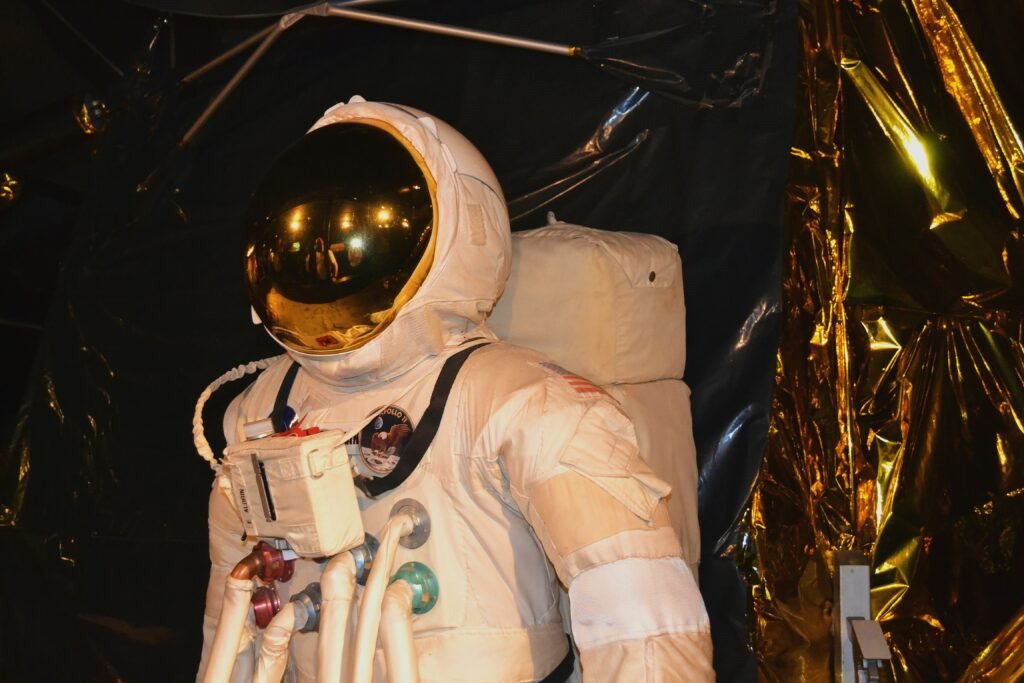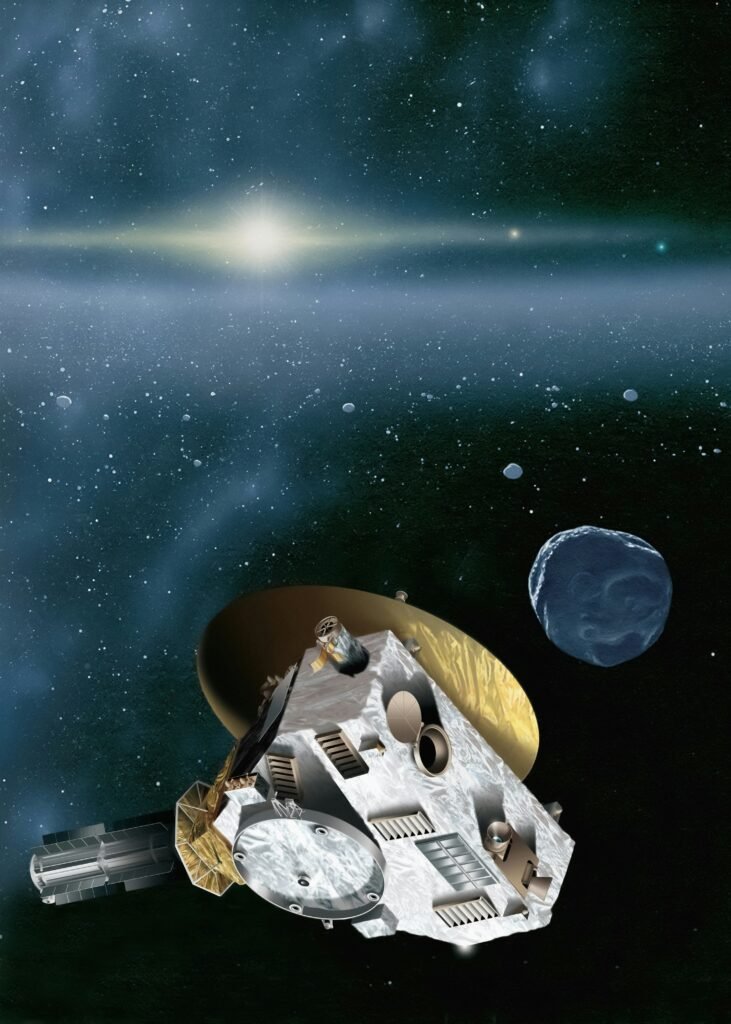A young student stares at the night sky, dreaming of exploring planets and discovering new stars. She reads books about a space scientist, watches rocket launches, and wonders what it’s like to work with NASA or build a telescope. This is how many space scientist begin with a curious mind and big dreams.
If you like a space scientist, solving problems, and asking questions about the universe, you could follow the same path. In this article, we’ll explain what space scientists do, how to become one, and how you can start your journey, whether you're in school or college.
Who Is a Space Scientist?

A space scientist studies everything related to space. This includes planets, stars, black holes, the Moon, and even Earth from above. They may work in labs, observe the sky using telescopes, or help design space missions with agencies such as NASA or other US and UK space science programs.
Some space scientists focus on building technology, while others study data from satellites or space missions. Their work helps us understand how the universe works and how to explore it safely.
What Space Scientists Do
Space scientists do many different things depending on their field. They often work in space agencies, research labs, universities, or tech companies. You can explore many different space scientist careers, depending on what you enjoy the most.
Some of the main tasks include:
- Studying the surface of planets and moons
- Tracking the movement of stars and galaxies
- Analyzing data from satellites and telescopes
- Helping plan space missions
- Creating models to predict space weather
- Working with astronauts to solve scientific problems
Types of Space Scientists

Each type of space scientist plays a role in space science and works on important projects for space missions and research. Here are some common types of space scientists:
- Astronomers: Study stars, galaxies, and the universe
- Astrophysicists: Focus on the physics of space (like black holes and gravity)
- Planetary Scientists: Study planets and moons
- Space Engineers: Help design tools and spacecraft for space missions
- Astrobiologists: Search for life in space
- Remote Sensing Scientists: Study Earth using satellite data
How to Become a Space Scientist

Becoming a space scientist takes time, dedication, and the right educational steps. Here’s a simple guide to help you prepare.
1. Start with Science
If you enjoy subjects like science, math, or computer studies, you’re already on the right path. Stay curious. Read books, watch space videos, and ask questions.
2. Study the Right Subjects
Studying the right subjects will help you understand how space works. Focus on these subjects in school:
- Mathematics
- Physics
- Chemistry
- Computer Science
- Biology (if you want to become an astrobiologist)
3. Get a bachelor’s degree
After high school, choose a bachelor’s degree in one of the following areas:
- Space Science
- Physics
- Astronomy
- Engineering (especially aerospace, electrical, or mechanical)
- Planetary Science
- Astrobiology
Look for universities that offer strong US or UK space science programs. Some even offer research opportunities with NASA.
4. Continue with Higher Education
Many space scientists go for a master’s degree or Ph.D. This allows them to do deep research and join top space missions. If you want to work at NASA, the UK Space Agency, or the European Space Agency (ESA), a Ph.D. can increase your chances.
5. Gain Research Experience
Start by working on small science projects in school or college. Join clubs, science fairs, or online space challenges. Universities and space organizations often offer internships. These help you learn new skills and understand real-world research. Keep exploring ways to find space science jobs or internships that help you grow.
Where Can You Work?
As a space scientist, you can work at:
- NASA
- UK Space Agency
- European Space Agency (ESA)
- Private space companies like SpaceX, Blue Origin, or OneWeb
- Universities and research labs
- Weather and Earth-monitoring agencies
You can also explore space scientist careers in teaching, writing, or working with science media.
How to Stay Informed and Inspired
Space science is always evolving. To keep up with the latest discoveries and continue growing, make a habit of learning regularly.
Try these strategies:
- Read science magazines like National Geographic, Scientific American, or NASA Kids
- Watch documentaries or YouTube channels about space
- Join a local or online astronomy club
- Attend science festivals, webinars, and virtual lectures
- Follow the work of current space scientists and missions on social media
- Explore online space science courses and certifications
You can also visit observatories or planetariums in your area to deepen your interest.
Future of Space Science
The future of space careers is full of exciting opportunities. Here are some areas that are growing:
- Moon and Mars missions
- Searching for life on other planets
- Protecting Earth from space rocks (asteroids)
- Studying climate change using satellites
- Space tourism and commercial space travel
With more space missions and companies joining the race, the demand for smart, curious scientists is only going to increase.
Final Thoughts
Becoming a space scientist isn’t just about earning degrees; it’s about staying curious, working hard, and daring to ask questions that no one else has answered. It takes years of learning and dedication, but the rewards are truly out of this world.
Whether you want to build spacecraft, explore other planets, or teach others about the stars, there’s a space scientist career waiting for you. Start now by studying, asking questions, and joining science communities that support your growth.
Keep reading about a space scientist. Keep wondering. Keep exploring. The universe is waiting for your ideas.








